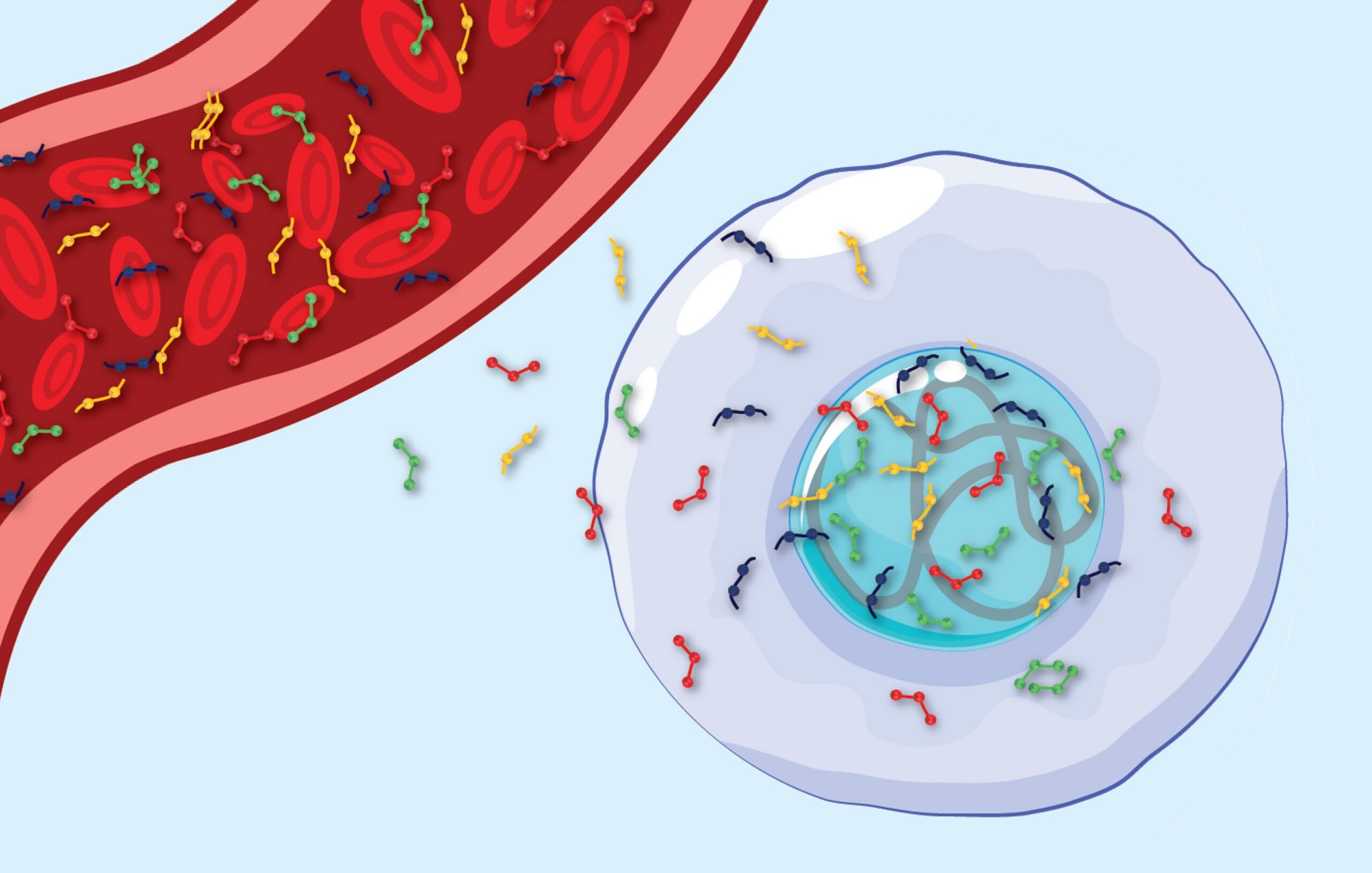When people experience problems with swallowing, voice, breathing, or persistent coughing, the cause often lies within the aerodigestive tract – the complex system that spans the mouth, nose, throat, windpipe, and esophagus. Diagnosing these issues can be especially difficult in rural areas, where access to specialists and diagnostic tools is limited. Patients may face long delays, repeated referrals, and missed or incorrect diagnoses – resulting in avoidable suffering and even death. To address this gap, Dr. Robert Arnold of Southeastern Biocommunication Associates first developed the Comprehensive-Swallow Voice Assessment (or CSA). Read More
This one-of-a-kind diagnostic procedure was designed to assess the entire aerodigestive tract in a single session. Over the past 15 years, Dr. Arnold and his team have refined the procedure, now called Aerodigestoscopy (ADS for short) into a comprehensive, algorithm-guided exam that’s safe, effective, and portable – ideal for use in rural clinics.
Typically, diagnosing aerodigestive problems requires multiple appointments with different specialists, each focusing on just one piece of the puzzle. In contrast, ADS is a multi-part, single-session procedure that examines all physiological functions of the aerodigestive tract. Using a custom-made flexible endoscope and specialized software, a healthcare professional can assess everything from vocal cord movement and swallowing coordination, to signs of acid reflux and sleep apnea.
ADS has been utilized in nursing facilities since 2010 across rural parts of Alabama and Mississippi – places where access to specialists and equipment is scarce. In these settings, the ability to run a thorough diagnostic exam at the patient’s bedside is revolutionary. It not only guides treatment more accurately, but also helps avoid unnecessary referrals or transfers to hospitals far away.
Between 2011 and 2021, Dr. Arnold’s team performed over 17,000 ADS procedures. Nearly 97% were completed successfully, with minimal discomfort and extremely low risk. In fact, fewer than 1% of patients experienced any adverse effects – all of which were mild.
Beyond safety and accuracy, ADS offers something less tangible but equally crucial: a holistic understanding of the patient’s condition. Rather than focusing narrowly on one symptom, the procedure gives a full picture of how the body’s systems are working together. This comprehensive insight leads to more effective interventions, involving physical therapy, speech therapy, or referrals to other medical providers.
Dr. Arnold’s vision is not just about delivering better diagnostics – it’s also about addressing healthcare inequality. By making high-quality assessments available in underserved regions, his work could set a new standard of care for rural patients. Part of his team’s mission now is to raise awareness of the ADS procedure so it can be adopted more broadly – not only in rural areas but anywhere a streamlined, all-in-one approach to aerodigestive disorders is needed.







